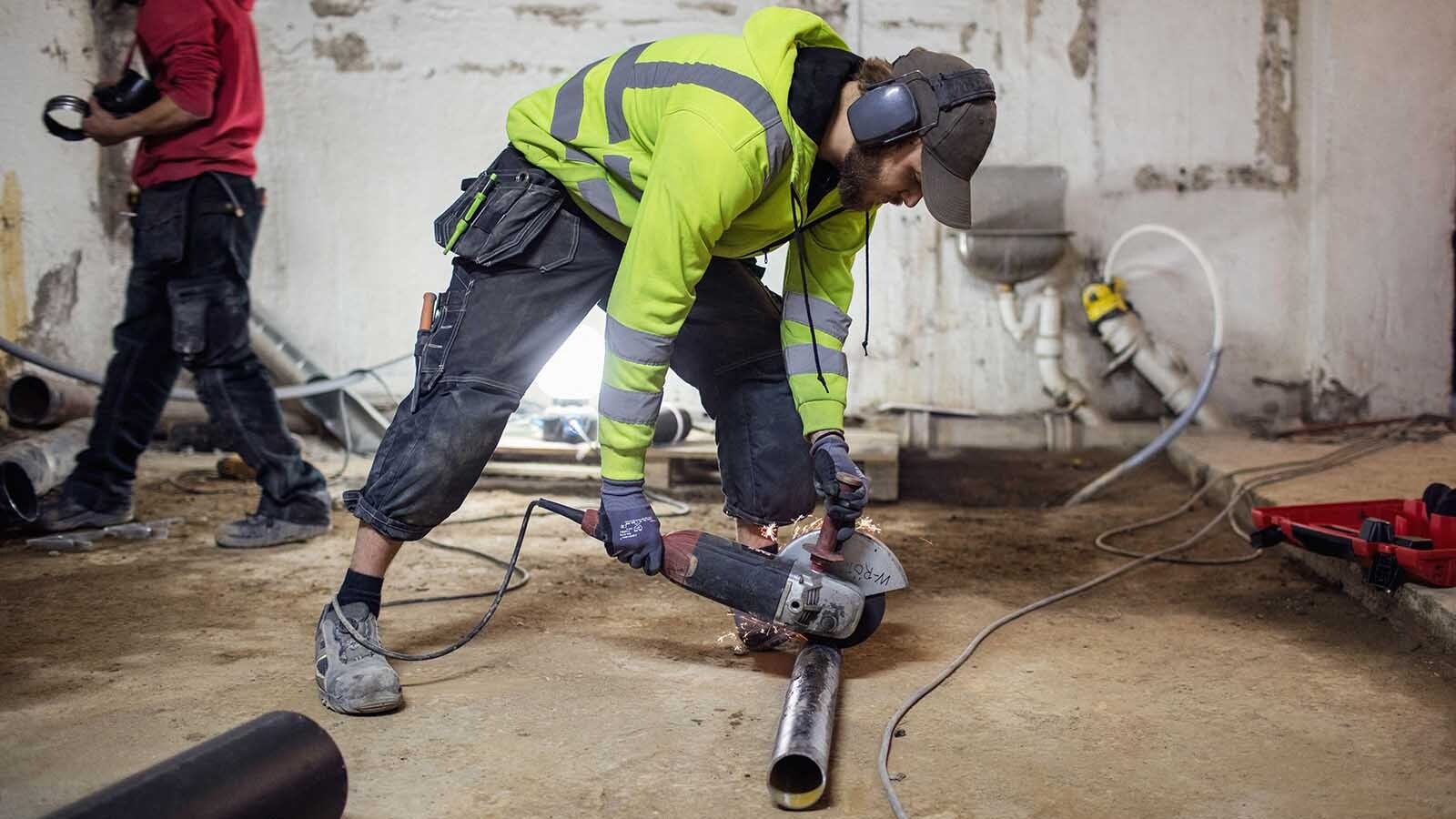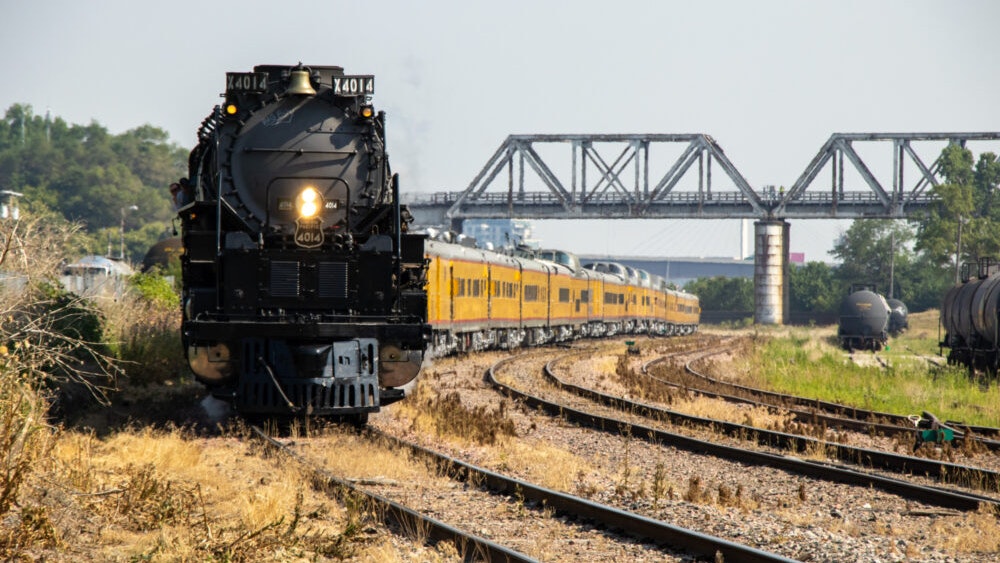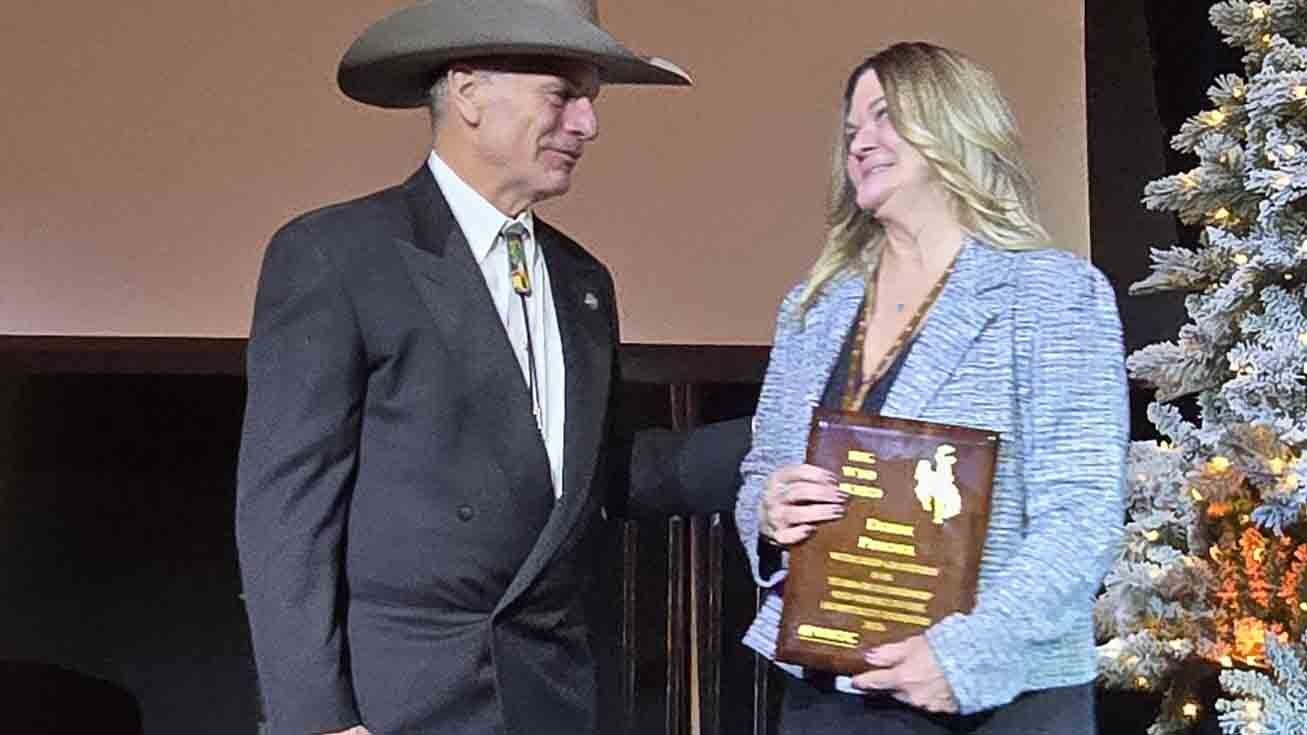Wyoming ranch owner Charles Hoskinson, who also is the founder of the Cardano cryptocurrency platform, has taken to social media to blast Wyoming’s process of creating its own stable token, saying that it hasn’t been transparent and unfairly excluded his company.
The criticism follows an announcement from the Wyoming Stable Token Commission announcing that it has begun taking requests for proposals from pre-qualified vendors, which it identified as Solana, Avalanche, Sui, Stellar and Ethereum. The latter includes a bullet point that it is “inclusive of layer-2 networks Polygon, Arbitrum, Base and Optimism.”
None of the other platforms include any explanatory bullet points.
Wyoming Stable Token Executive Director Anthony Apollo also said in the announcement that those are the networks the state’s Blockchain Selection Working Proup has determined to be “in-scope” for the initial deployment of Wyoming’s stable token. Stable tokens are a type of cryptocurrency where the goal is to hold a static value. In Wyoming’s case, a single stable token would be worth $1.
Apollo said his office is working on an official statement about the stable token flap with Cardano and declined an interview with Cowboy State Daily about it.
Hoskinson told Cowboy State Daily he feels blindsided by the commission’s announcement. He said it’s unfair for the state to make such a selection without having first publicly listed what the qualifications would be, giving the 30,000 or so blockchains, including his own, a fair opportunity to decide if they can meet those qualifications within the state’s timeframe.
As a consequence, Hoskinson said, the “largest Wyoming-based blockchain company in the world, with hundreds of employees in Wyoming, can’t even bid on the RFP at this point.”
Instead, Cardano added, “companies in California, New York and in Singapore — financial institutions outside of Wyoming, with no connection to Wyoming — are going to be involved in implementing the Wyoming stable coin. That’s what happened.”
Black Eye On State’s Fairness
In a video he posted to X (formerly Twitter) on Monday, Hoskinson said he had advocated very strongly that all the functional and non-functional requirements be published by the commission so that any cryptocurrency platform that wanted to vie for development of the stable token could build a prototype demonstrating whether their ecosystem could support Wyoming’s requirements.
“Initially, this appeared to be the direction that the commission was pushing,” Hoskinson said. “And then, suddenly, the executive director and commission just decided to create their own criteria and act as judge, jury and executioner in a very short period of time … to score blockchains themselves.”
Hoskinson suggested that Apollo, who is a former employee of Consensus, which developed Ethereum, has been biased against other platforms from the start, adding that the director had even mentioned during one of his first meetings that it was his belief the stable token should just be built on Ethereum first.
That was something Hoskinson immediately pushed back on.
“I mean, they passed 31 cryptocurrency laws, and none of them said, ‘Hey, bitcoin’s great, but Ethereum is bad or Ethereum is great,” he said. “They said these are the rules and as long as you follow them, you have clear rule of law and regulation, which is why so many cryptocurrency companies relocated to Wyoming, mine included. Because we believed everybody would be treated equally.”
The decision to exclude so many blockchains and ecosystems in what Hoskinson characterized as an arbitrary way is a “black eye” on the state’s fairness, he said.
“There was no real opportunity for public comment,” he said. “There was no opportunity for appeals or rebuttal. After picking a short list, Cardano was excluded, saying that we didn’t have certain capabilities — which we actually do — although we were never told that these capabilities would be necessary, so we had no opportunity to prepare a prototype.”
‘Fair, Open And Public’
Senator Chris Rothfuss, who was instrumental in developing Wyoming’s digital asset laws, including the Wyoming Stable Token, told Cowboy State Daily he believes the process was fair.
“It was designed to be fair, open and public, with a clear set of criteria established by subject matter experts to evaluate candidate blockchains for issuing WYST,” he said.
That criteria list included a requirement for “freeze and seize.” The phrase seems to refer to the seizure of a questionable cryptocurrency asset, a capability that would likely be required by the Securities and Exchange Commission during an investigation, to forestall any money laundering.
That’s a capability that Cardano does not yet have, Cowboy State Daily was told, but could have been working on in anticipation of the need, if the state had been transparent about releasing its criteria to the public.
Rothfuss, however, also suggested that the selection process isn’t necessarily finished at this point.
“This process is dynamic,” he said. “And pre-qualified blockchains will evolve as their capabilities evolve. For example, I anticipate that Midnight, a layer 2 network for Cardano currently in a test state, will be prequalified once its capabilities are ready.”
Rothfuss added that feedback and corrections are also welcomed.
“The Cardano community is encouraged to provide updated information if any assumptions in the evaluation were inaccurate,” Rothfuss said. “Wyoming remains committed to a technology-neutral approach, ensuring WYST operates across multiple blockchains to support our broader goals of innovation and compliance.”
Who Is Hoskinson And What Is Cardano
Cardano has long been a heavy-hitter in the cryptocurrency sphere, with a blockchain that is capable of processing a million transactions in a second.
The platform was created by Hoskinson in 2017 as his idea for the next logical evolution of Ethereum, and is billed by the Ethereum cofounder as the “third generation” for cryptocurrency platforms, with bitcoin the first, Ethereum second, and Cardano the third.
“My company, Input Output, is one of the companies that created Cardano, and it is worth, it trades $34 billion in dollars every single day,” Hoskinson said. “I also have hundreds of employees based in Gillette for other business ventures, like I own a large healthcare clinic up there. We have 10,000 patients with Hoskinson Health.”
Hoskinson’s company also has a digital assets laboratory, where it works with the University of Wyoming in developing this sector.
“It’s by far the largest blockchain project that has a — it’s the only blockchain project in the top 10 — that has a nexus in Wyoming,” Hoskinson said.
Cardano began allowing the creation of native tokens like NFTs or stable coins starting in 2021, but unlike Ethereum, Cardano doesn’t restrict such tokens to smart contracts. Instead, they run on the same platform as the platform’s cryptocurrency unit, ADA, making them what Cardano describes on its website as “first-class” citizens on the blockchain.
Cardano said it believes that makes the tokens more secure, and that it will reduce the fees associated with such transactions.
Cardano’s process also uses a different mechanism to validate blockchain transactions, one that’s less energy intense.
A Stable Token For A Dollar
Hoskinson was among vocal supporters of the Wyoming Stable Token when it was unveiled a year and a half ago, and he even offered at one point to build the state’s stable token for a dollar.
“It’s not about making money,” he said. “I just care about making sure it’s done right. If Wyoming is going to do this, it has to be done in a way that benefits the state.”
Hoskinson said he’s attended many meetings over the past year and a half and reviewed hundreds of documents related to the stable token..
“What’s happened over time is that the process went from open to more and more secretive,” he said. “Where certain subcommittees were closed and people weren’t really sharing information with people. It went from, ‘Hey, this is going tot be an open RFP process and open RFQ process, and the merit-based qualifications will come in’ to ‘we’re going to go ahead and the state will just arbitrarily select according to our own criteria, with no oversight, winners and losers.’”
The exclusion of not just Cardano, but bitcoin and the thousands of other blockchains in this manner is a head-scratcher, Hoskinson said.
“Bitcoin is larger than all the other cryptocurrencies combined, and Trump wants to do a strategic reserve, and Senator (Cynthia) Lummis is a huge fan of Bitcoin,” Hoskinson said, adding that, “It’s extraordinary to me” that Bitcoin would be excluded.
Hoskinson said he still believes in Wyoming and that things will get “remedied” in time.
“I don’t know why they made these decisions,” he said. “They were done in a very opaque and not so transparent way, but we’re just gonna move forward. I believe in this state, I live in this state, I employ hundreds of people in the state and put hundreds of millions of dollars into the state. I’m going to continue doing that because I live here.”
Renée Jean can be reached at renee@cowboystatedaily.com.





